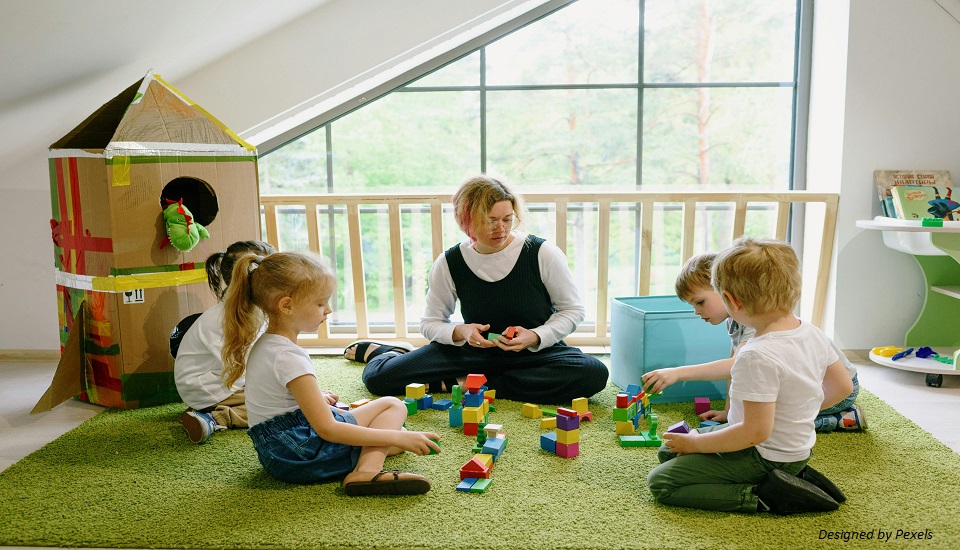Allowing students to take stands on issues that matter the most to young learners enable them to engage in the classroom that fosters great thinking. When children can relate to the situations portrayed to them and exercise personal self-reflection, teachers enable them to build community and heart-centred learning.
Taking a Stand
When posed with a thought-provoking prompt, young learners are encouraged to line themselves up representing where they stand on that issue. The teacher starts a discussion by giving equal opportunity for individuals in each area of the continuum to speak about their stand.
Building a Conversation
Writing or drawing is used as tools to slow down thinking and allow for silent reflection, unfiltered. By using silence and writing, children can focus on other viewpoints which help build up a favourable classroom environment. Students can write at will, after a reflection on the driving question. This strategy is great for introvert children and provides a ready-made visual record of thought for later.
Using art to explore ideas
Students are given time to consider their feelings on a thought-provoking abstract or concrete image. They come up with words that describe their reactions. They are encouraged to draw images or make a model that can be concrete or abstract. What they draw or make is taught to be treated with gentleness and respect.
Collaborative Conversations
Understanding different viewpoints is a great way to delve deeply into a topic. These might include gender, age, family status, occupation, education level and significant life events. Students can create identity charts in collaboration with each other to determine their character’s viewpoint. When they can adequately represent their character, what follows is a collaborative conversation.
Activities help children develop leadership skills
As adults, teachers trained in the Certificate in Classroom Management Courses in Kolkata can teach the skills necessary for children to take on leadership roles now and in the future. Involving children in leadership activities can help children:
- Boost their self-esteem
- Improve public speaking and communication skills later in life
- Teach them to identify their strengths and weaknesses
- Help them develop organizational skills
- Teach them to work with others
- Match the child’s interests with possible leadership opportunities
- Talk about what types of leadership roles in which you, as an adult, are involved
Many of the extra-curricular activities that children are involved in often provide opportunities to develop leadership skills, including organized sports, dance, theatre, camping, fishing and martial arts. Many of these activities help encourage teamwork and self-reliance, qualities of a good leader.
Social service activities are a great way to promote leadership qualities and give children the opportunity to share their leadership skills with the rest of the community.
Talk with parents about how they can encourage leadership by giving children a leadership role in a family event or project. Engaging students in such activities are encouraged by teachers with a Classroom Management program for teachers in Mumbai. It is important what type of activities children participate in and to find leadership and activities that children will enjoy and will benefit from.









